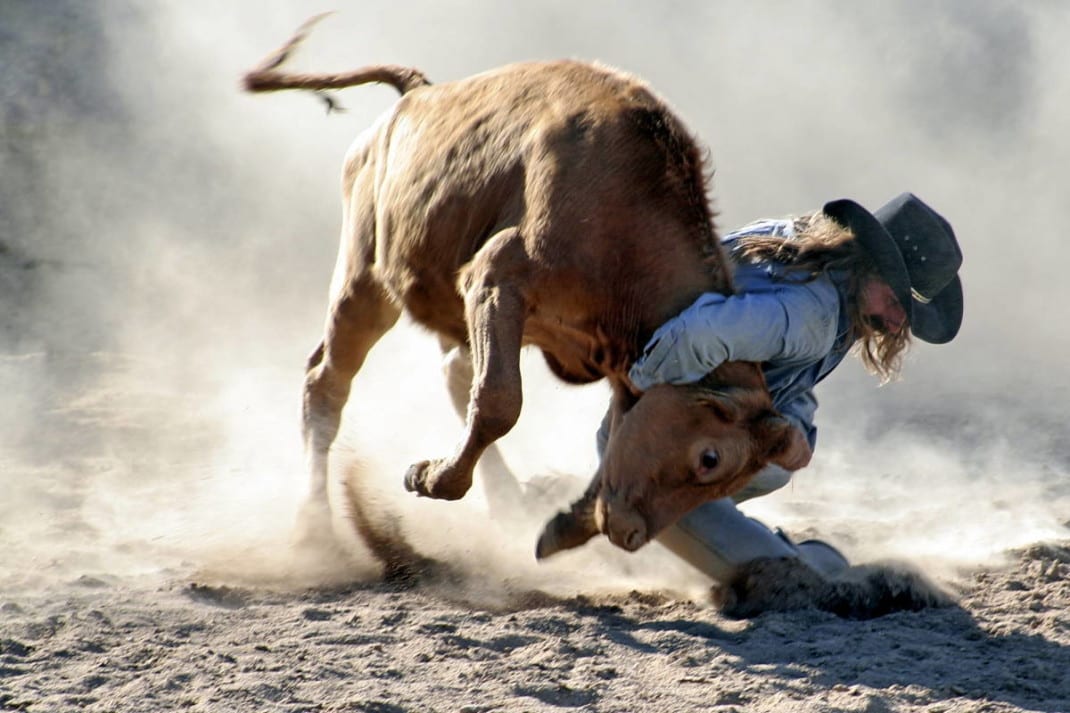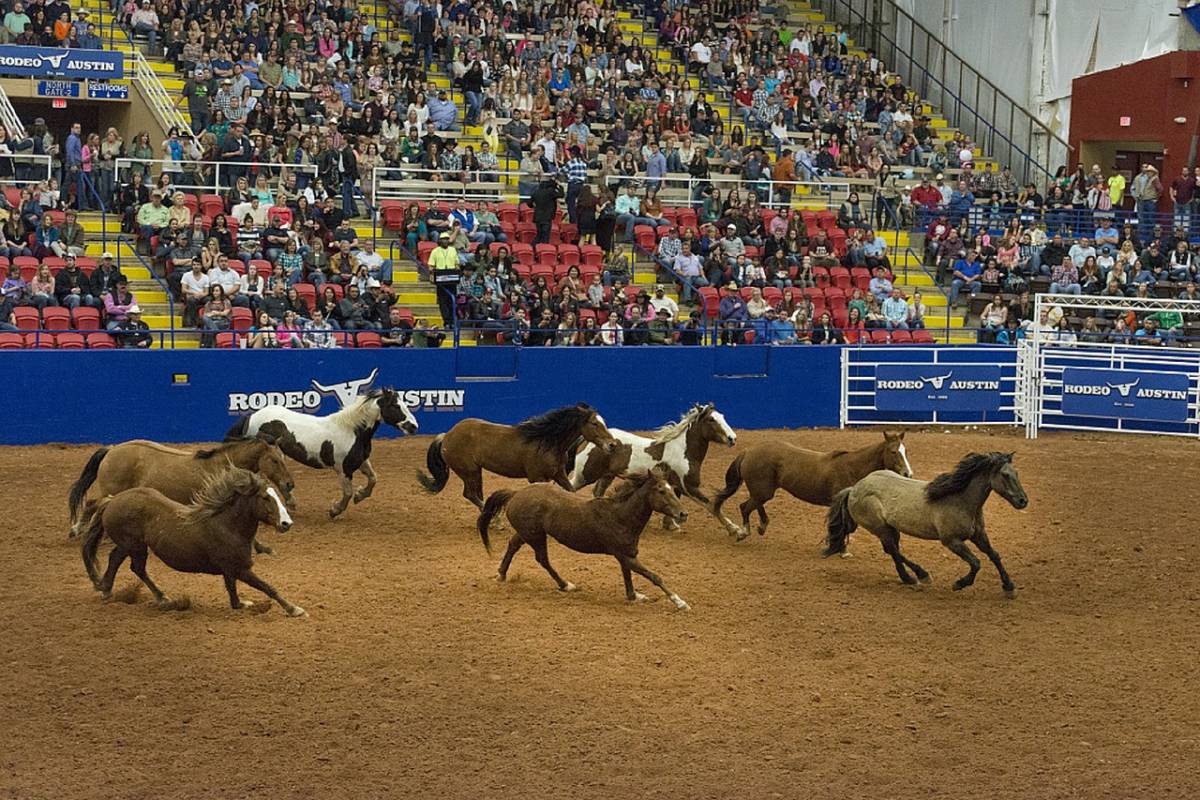
Starting on Thursday, Sept. 17, local cowboys and cowgirls will be riding horses and bulls, lassoing steer, careening around barrels at breakneck speeds and hanging on for dear life while the crowd cheers as part of the Dixie Round-up Rodeo. Meanwhile, just outside the Dixie Sunbowl, a group of people will be gathering in protest, holding signs and chanting in objection to the rodeo, which they regard as the abuse of animals.
The 81st Annual St. George Lions Dixie Round-up Rodeo will be held at the historic Dixie Sunbowl from Sept. 17 – 19 at 150 South, 400 East in St. George. The gates for the rodeo will open at 6 p.m. The protest will be on Sept. 17 from 6:30 – 7:30 p.m.
Dixie State University Associate Professor Stephen Armstrong initiated the Dixie Round-up Rodeo protest, stating that his concern for the well-being of animals impelled him to organize.
“I was concerned about animal welfare,” Armstrong said. “What particularly bothers me is animals that are used for entertainment. This is one of those examples that I’ve always found most troubling. When people are throwing ropes around them at high speeds, they get hurt. They can tear their trachea. They get internal ruptures and hemorrhaging. I’ve been to rodeos. When I was younger, I thought ‘that’s interesting,’ but when I got older, I started getting this feeling in my stomach that I was watching something that was very cruel.”
According to PETA, “Electric prods, spurs, and bucking straps are used to irritate and enrage animals used in rodeos. Before entering the ring, cows and horses are often prodded with an electrical “hotshot” so that the pain will rile them…Rodeo cowboys voluntarily risk injury by participating in events, but the animals they use have no such choice. Countless animals in rodeos have suffered broken ribs, backs, and legs; punctured lungs; deep internal organ bruising; hemorrhaging; ripped tendons; torn ligaments and muscles; snapped necks; and agonizing deaths.”
The Pro Rodeo Hall of Fame says that rodeos got their start when Spanish cattle ranchers began displaying their skills as horsemen (“rodeo” essentially means “roundup” in Spanish) during the settling of California. The first true rodeo is still up for debate: Santa Fe, New Mexico; Deer Trail, Colorado; and Pecos, Texas all had early variants on the rodeo theme. However, it was the event in Prescott, Arizona, in 1888 that became the standard to which most rodeos have followed.
A representative from the St. George Lions Club stated “It is one of the great blessings of America that protesters may express their opinions.”
For more information on the Dixie Round-up Rodeo protest, a Facebook page has been created inviting others to join in their cause.




